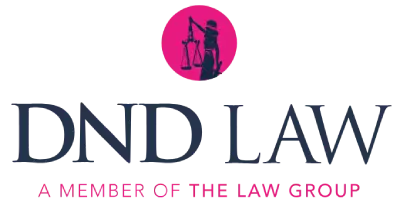New measures extending the disclosure of tax avoidance schemes (DOTAS) regulations to cover inheritance tax planning have been sharply criticised by the Chartered Institute of Taxation (CIOT).
The so-called ‘draft hallmark’ measures were published for comment on 16 July 2015. They provide that an arrangement will in future fall under DOTAS if its main purpose, or one of its main purposes, is to obtain an inheritance tax (IHT) advantage, and if it is ‘contrived, abnormal, or unlikely to have been made if there were no tax advantage’.
This is highly controversial because inclusion of a tax planning method in the DOTAS system now has much more significant consequences than it used to. When DOTAS was originally introduced in 2004, it merely imposed a duty on promoters and users of marketed tax avoidance schemes to notify HM Revenue & Customs about the scheme’s nature. Now, however, a scheme that is ‘DOTAS hallmarked’ renders the user liable to receive an accelerated payment notice (APN), forcing him to pay in advance whatever sum HMRC considers to be the tax due. There is no appeal against this. Moreover, the fact that someone has used DOTAS-registered tax planning can now be applied as a test in deciding whether that person is a fit and proper person to be a charity’s trustee.
Consultation on the measure closed on 10 September. According to CIOT’s response, the regulations are so broadly drafted that DOTAS may even apply to gifts to family members that previously would not have been considered as IHT planning. Although they do contain a specific exclusion for estate planning measures written into a will, this fact in itself indicates bad drafting, says CIOT: ‘It is clear to us that the regulations are too widely drafted from the very fact that a specific exclusion for something as commonplace as wills and codicils is necessary’.
‘We do not think [this] is acceptable or helpful’, CIOT says. Instead, it is asking HMRC to rethink the DOTAS approach: ‘Rather than trying to bring everything in to DOTAS and then having specific carve outs it would be better to work out what areas are regarded as unacceptable IHT planning and then frame the legislation to catch these.’
Extending DOTAS to IHT will also create new difficulties, it says. For one thing, it will then apply to high street solicitors, many of whom have no experience of DOTAS, and who may consider that it conflicts with legal privilege. There is also the difficulty that there is no requirement currently to report lifetime cash gifts (potentially exempt transfers or ‘PETs’) unless they are, or become, chargeable. The new regulations, however, suggest that a simple PET – which is normally regarded as uncontentious estate planning – could be immediately reportable under DOTAS.
CIOT considers that implementing the regulations will create antagonism among practitioners, and ultimately be self-defeating.
‘For the most part co-operation has existed since 2004, [but] we think that there is now a real danger that this cooperation will be eroded and that, as a result, the DOTAS regime will eventually become unworkable’ said CIOT. ‘These regulations will be of no real use to HMRC if they result in them receiving a huge number of disclosures, because that does not efficiently tell them what they really want to know.’
– See more at: http://www.step.org/news/tax-specialists-criticise-use-dotas-against-iht-planning?j=1482725&e=kevin@dndlaw.com&l=346_HTML&u=24891445&mid=1062735&jb=0#sthash.RHVzKd7o.dpuf

